Equestrian Sports and Activities: Fox Hunting
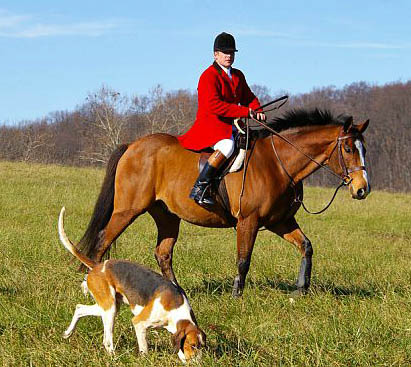
|

|
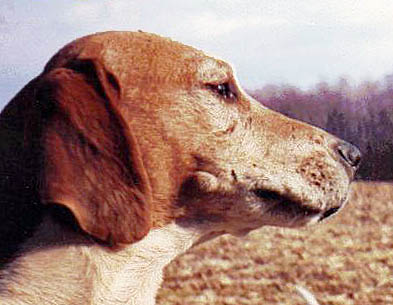
|
Our chestnut Thoroughbred mare was not the best hunter for all her ribbons in hunt classes at horse shows. Theory is one thing and practice another. The horse knew the difference. Even hearing the hunt in the distance on a quiet Sunday morning would wind her up and leave her cantering around the paddock filled with excitement. She could be on a hunt all day and never calm down. One day my wife was mounted on her and standing next to a friend during a hunt. One of the hounds had strayed from the pack and was sniffing around the chestnut’s feet. The mare put her ears back down flat on her head and administered a well placed kick. The hound yelped and scurried back in the direction of the pack. No one else on the hunt had noticed this infraction. The other rider bent over and whispered to my wife with a bit of an English accent, “It's poor form to kill the hounds.” After all it was the poet R. E. Egerton-Warburton who said of fox hunting that “Good hounds are not rear’d to be knocked on the head.” A lot of hunting is very much about good form and for good reasons. It is necessary to have some element of control in a drama with so many players and to be able to assure the safety of the various parties and respect the interests of land owners.
It is thought that prehistoric man hunted from horseback only shortly after the domestication of the species, but the evidence for that is limited at best by the lack of any physical remains of the activity. After horses were introduced to the ancient civilizations of the Near East hunting using hounds and horses became well documented. Like it or not, man is the ultimate predator. In medieval Europe the nobility hunted all kinds of wild animals from horseback, even deer and boar using lances. Today, the last major vestige of these ancient mounted hunting traditions is fox hunting. The advent of firearms, the enclosure of rural land for sheep grazing, and the general deforestation of the European countryside all contributed to the decline of those older forms of mounted hunting. In England the gentry often did not respect the interest of their neighbors of lesser social station. Modern hunters are well aware that they need to respect the local property owners. Hunting is only done in the colder months of the year, with permission of the owners and after crops are harvested and before they are planted. Mostly, you will ride along the borders of fields, but the hounds work anywhere the fox might be.
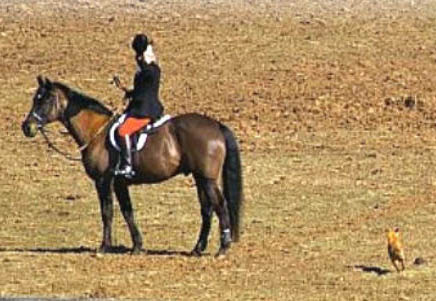
|
The hunt evolved into a rural society institution with ever more elaborate rules and etiquette. Along with these, hunters understand a unique and lengthy vocabulary of technical terms that is totally unappreciated by the uninitiated. For example, the word "hark" is used to ask for silence and the venue of a hunt is referred to as a "fixture." By the Victorian era, belonging to a hunt was a badge of social status and even today there is an association with elitism. However, if you know people who hunt they are for the most part ordinary horsemen who simply love the sport. It is too bad that in the United Kingdom political forces have conspired to totally ban fox hunting as a cruel “blood sport.” It is possible to simulate a fox hunt by laying an artificial scent trail (drag hunting) and not even involve a fox. However, most hunters enjoy the real deal. What has gone on in the U.K. seems to be as much about class warfare as about the sport of fox hunting. Many people seem to enjoy trying to punish these “posh” upper class hunt clubs and have focused upon them the pent-up energies of animal rights activists. In truth I see many more foxes killed by motor cars than ever harmed by fox chasers and yet no one seriously suggests we ban cars from rural roads. It’s sad to see such an ancient institution on its knees as part of a human political drama that really seems to have little to do with the rights of foxes to humane treatment.
Societies must decide just where the boundary is to be with respect to humane treatment of animals. For example, are we to outlaw bear baiting, dog fighting, cock fighting, bull fighting, all forms of hunting, all fishing or go all the way and outlaw any human consumption of any animal product that results in the death of the animal? I view this as a matter of individual conscience, and I have no issue with fox chasing. Just when is the heavy hand of government needed? Despite my personal concern for humane treatment of animals, I find the behavior of the animal rights advocates in this regard to be that of a group of fanatics with a lot of misplaced anger. Worse yet are the self-serving politicians who seem to enjoy the political ball game and are happy to infringe on the pleasures of someone else's small constituency regardless of any merit. Wait for the politicians to solve a truly important problem and see them do absolutely nothing.
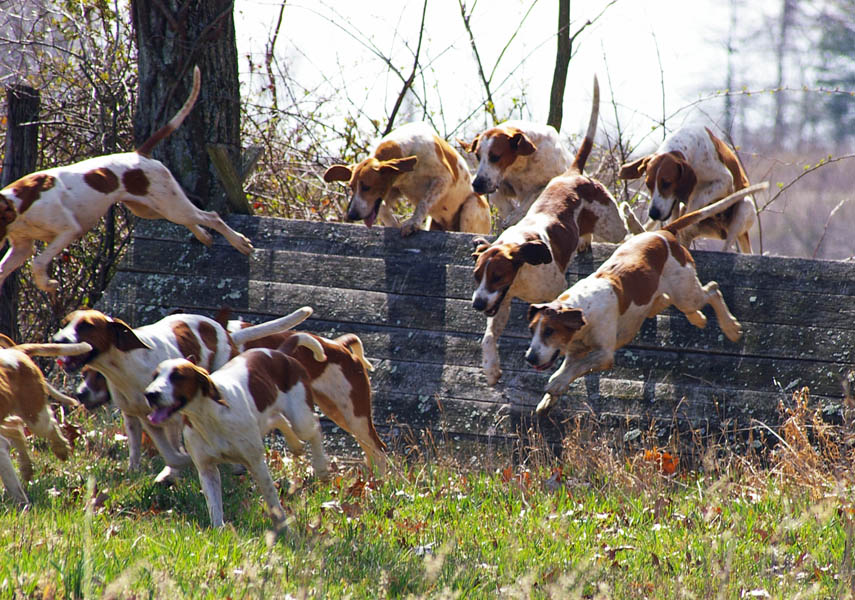
| 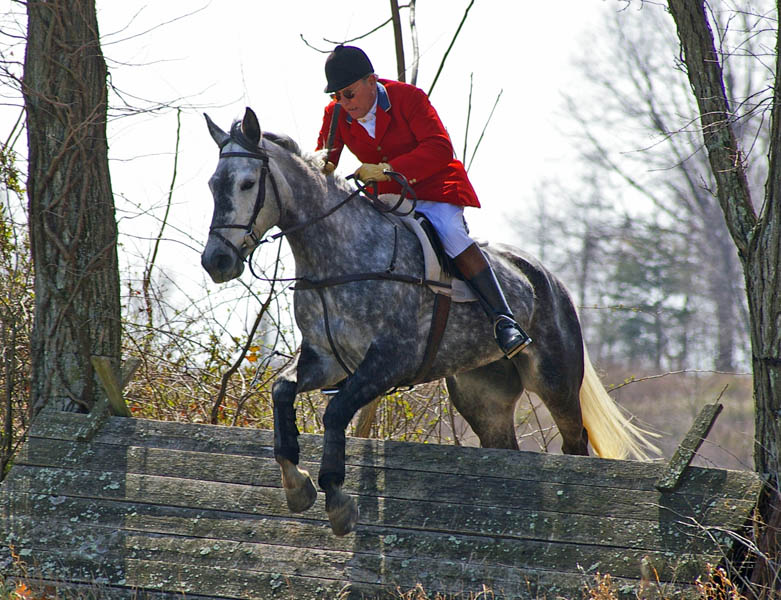
|
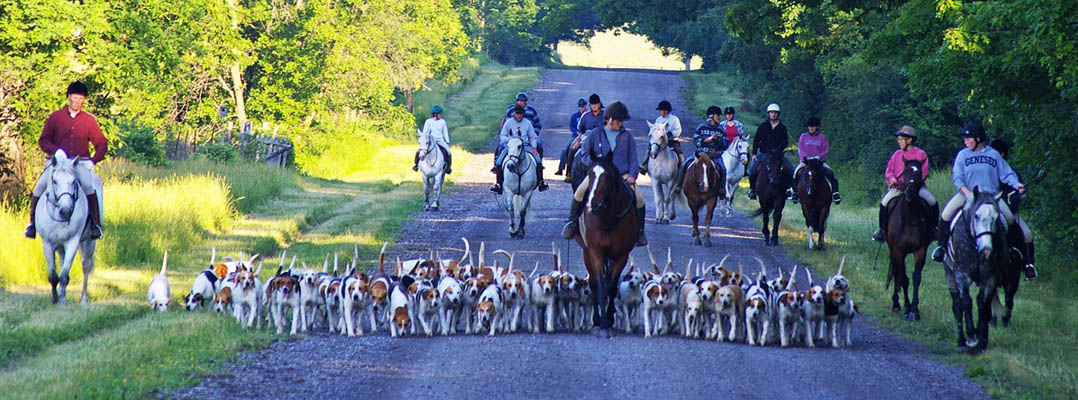
|